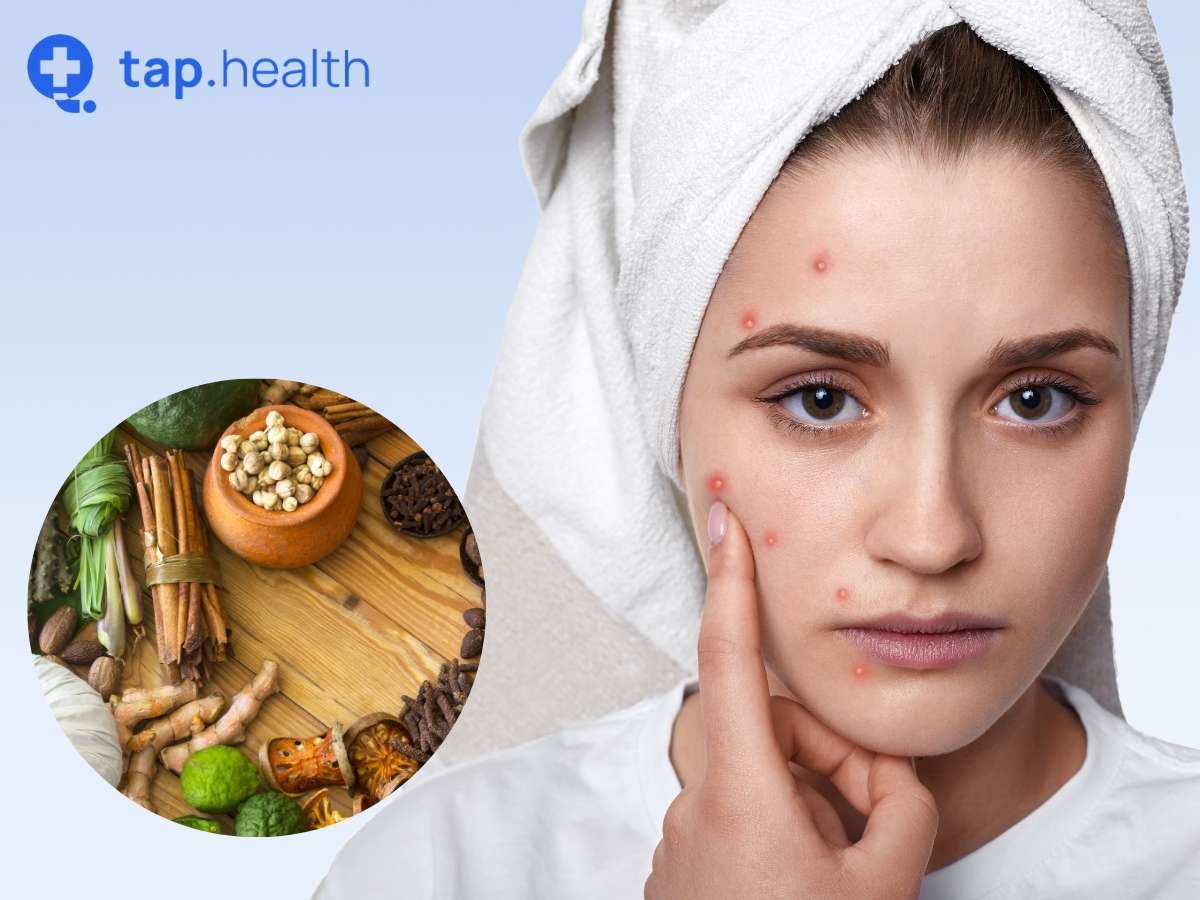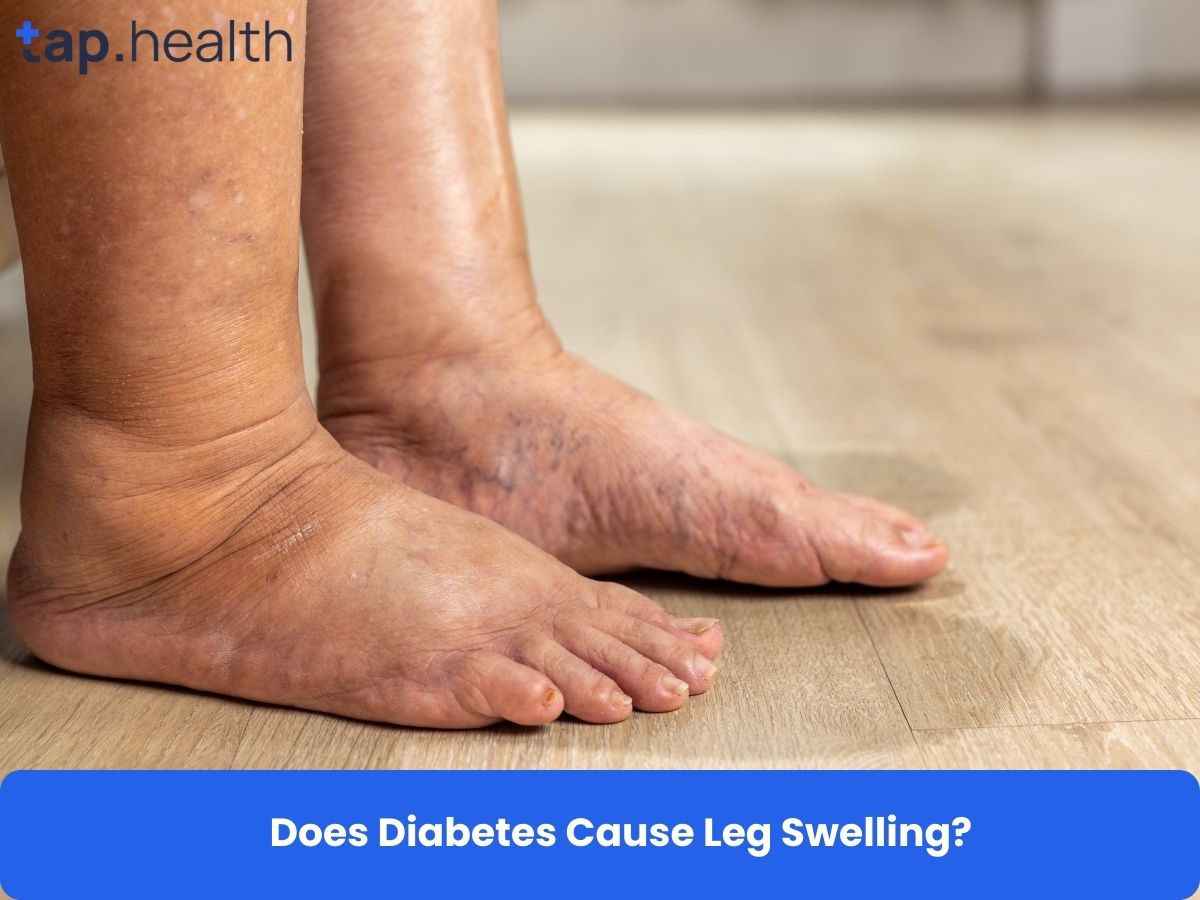Acne is a widespread skin condition affecting people of all ages, often leading to frustration and self-consciousness. While conventional treatments focus on topical solutions and medications, Ayurveda, an ancient Indian system of medicine, offers a holistic approach to address acne’s root causes. By balancing the body’s energies (doshas), using natural remedies, and adopting lifestyle changes, Ayurveda promotes clearer, healthier skin. This blog explores effective Ayurvedic treatments for acne, including herbal remedies, dietary recommendations, and practical tips for incorporating Ayurveda into your daily routine.
What Is Ayurveda and How Does It Treat Acne?
Understanding Ayurveda
Ayurveda, meaning “the science of life,” is a 5,000-year-old holistic healing system from India. It emphasizes balance among the body, mind, and spirit through three primary energies or doshas: Vata (movement), Pitta (metabolism), and Kapha (structure). Acne is often linked to imbalances in Pitta, which causes inflammation and excess oil, or Kapha, which leads to clogged pores.
Ayurvedic Approach to Acne
Unlike conventional treatments that target symptoms, Ayurveda focuses on the underlying causes of acne. By addressing dosha imbalances, detoxifying the body, and promoting overall well-being, Ayurvedic practices offer long-term solutions for clear skin.
Key Points:
- Acne is primarily caused by Pitta imbalance (inflammation) or Kapha imbalance (clogged pores).
- Ayurveda uses herbs, diet, and lifestyle changes to restore balance.
- Personalized treatments consider individual dosha constitutions.
Which Ayurvedic Herbs Are Best for Acne?
Neem for Antibacterial Benefits
Neem (Azadirachta indica) is a powerhouse herb with antibacterial, antifungal, and anti-inflammatory properties, making it ideal for acne treatment.
How to Use Neem:
- Neem Paste: Grind fresh neem leaves with water, apply to acne-prone areas, leave for 15-20 minutes, and rinse with lukewarm water.
- Neem Oil: Dilute with coconut oil, apply to affected areas overnight, and wash off in the morning.
Turmeric for Anti-Inflammatory Relief
Turmeric (Curcuma longa) is renowned for its antiseptic and anti-inflammatory qualities, helping reduce acne lesions and promote healing.
How to Use Turmeric:
- Turmeric Mask: Mix 1 tsp turmeric powder with honey or yogurt, apply for 15-20 minutes, and rinse off.
Aloe Vera for Soothing Skin
Aloe vera (Aloe barbadensis miller) soothes inflamed skin, reduces redness, and speeds up acne scar healing.
How to Use Aloe Vera:
- Aloe Gel: Extract fresh gel, apply to acne spots, leave for 20-30 minutes, and rinse off.
What Dietary Changes Help Treat Acne in Ayurveda?
Foods to Include
Ayurveda emphasizes a diet that balances Pitta and Kapha doshas to reduce acne.
- Cooling Foods: Cucumbers, melons, leafy greens, and coriander calm Pitta-related inflammation.
- Bitter Vegetables: Bitter gourd, fenugreek leaves, and neem detoxify the skin.
- High-Fiber Foods: Whole grains, fruits, and vegetables aid digestion and toxin elimination.
- Hydrating Foods: Watermelon, celery, and cucumber keep skin hydrated.
Foods to Avoid
Certain foods can aggravate acne by increasing Pitta or Kapha imbalances.
- Spicy and Oily Foods: These worsen Pitta and increase oil production.
- Processed Foods: Junk foods contribute to Kapha-related clogged pores.
- Dairy Products: Dairy may increase Kapha and mucus production, exacerbating acne.
Key Tip: Stay hydrated and eat fresh, whole foods to support skin health.
How to Incorporate Ayurvedic Practices into Your Skincare Routine?
Daily Skincare Routine
A consistent Ayurvedic skincare routine can prevent and treat acne effectively.
Morning Routine:
- Cleansing: Use chickpea flour or oat flour mixed with water to gently cleanse without stripping natural oils.
- Toning: Apply rose water to soothe and hydrate.
- Moisturizing: Use almond oil or sandalwood oil for light, non-comedogenic hydration.
Evening Routine:
- Cleansing: Remove dirt and makeup with a natural cleanser.
- Toning: Use rose water or witch hazel.
- Treatment: Apply neem paste or aloe vera gel to acne spots.
- Moisturizing: Choose a natural moisturizer suited to your skin type.
Detoxification Practices
Detoxifying the body is crucial for clear skin in Ayurveda.
- Oil Pulling: Swish coconut oil in your mouth for 15-20 minutes daily to remove toxins.
- Tongue Scraping: Use a tongue scraper each morning to eliminate toxin buildup.
- Herbal Teas: Drink tulsi (holy basil) or ginger-turmeric tea to reduce inflammation and detoxify.
How Does Stress Management Help with Acne?
Stress and Acne Connection
Stress can trigger acne flare-ups by disrupting hormonal balance and increasing inflammation. Ayurveda emphasizes stress management to support skin health.
Stress-Reducing Practices
- Meditation: Daily meditation calms the mind and balances emotions.
- Yoga: Poses like child’s pose or forward bends improve circulation and reduce stress.
- Pranayama: Breathing exercises like alternate nostril breathing (Nadi Shodhana) regulate energy and reduce stress.
Key Tip: Dedicate 10-15 minutes daily to mindfulness practices for better skin and overall well-being.
Are There Side Effects of Ayurvedic Acne Treatments?
Safety of Natural Ingredients
Ayurvedic treatments use natural ingredients, making them gentler than chemical-based products. However, some individuals may have sensitivities or allergies to herbs like neem or turmeric.
Precautions
- Patch Test: Test herbal remedies on a small skin area before full application.
- Consult a Practitioner: Seek advice from an Ayurvedic expert for personalized recommendations.
- Moderation: Avoid overuse of potent herbs to prevent skin irritation.
Key Tip: Always monitor your skin’s response and consult a professional if unsure.
Why Choose Ayurvedic Acne Treatments?
Natural and Gentle
Ayurvedic remedies rely on herbs and natural ingredients, reducing the risk of harsh chemical reactions. They are suitable for sensitive skin and promote long-term skin health.
Holistic Healing
Ayurveda addresses acne’s root causes—dosha imbalances, poor digestion, and stress—offering a comprehensive solution rather than temporary symptom relief.
Long-Term Results
By balancing doshas and promoting overall wellness, Ayurvedic treatments help prevent future breakouts, ensuring sustainable clear skin.
Practical Tips for Ayurvedic Acne Management
Simple Home Remedies
- Turmeric-Honey Mask: Mix 1 tsp turmeric with honey, apply for 15-20 minutes, and rinse.
- Neem-Yogurt Mask: Blend neem leaves with yogurt, apply for 15-20 minutes, and wash off.
- Tulsi Tea: Boil tulsi leaves in water, strain, and drink daily for detoxification.
Consult an Ayurvedic Practitioner
For tailored advice, consult an Ayurvedic practitioner to assess your dosha and recommend personalized treatments.
Consistent Routine
Stick to a daily Ayurvedic skincare and lifestyle routine for optimal results. Consistency is key to achieving and maintaining clear skin.
FAQ: Ayurvedic Treatment for Acne
Q: What is Ayurveda and how does it treat acne? A: Ayurveda is a holistic Indian system that balances Vata, Pitta, and Kapha doshas. It treats acne by addressing Pitta and Kapha imbalances with herbs, diet, and lifestyle changes.
Q: Which Ayurvedic herbs are effective for acne? A: Neem, turmeric, and aloe vera are highly effective due to their antibacterial, anti-inflammatory, and soothing properties.
Q: What dietary changes help with acne in Ayurveda? A: Include cooling, bitter, and high-fiber foods like cucumbers, bitter gourd, and whole grains. Avoid spicy, oily, processed foods, and dairy.
Q: How can I incorporate Ayurvedic practices into my skincare routine? A: Use natural cleansers (chickpea flour), toners (rose water), and moisturizers (almond oil). Apply neem or turmeric masks for treatment.
Q: Are there side effects of Ayurvedic acne treatments? A: Natural ingredients are generally safe, but patch-test herbs and consult a practitioner to avoid sensitivities or allergies.



